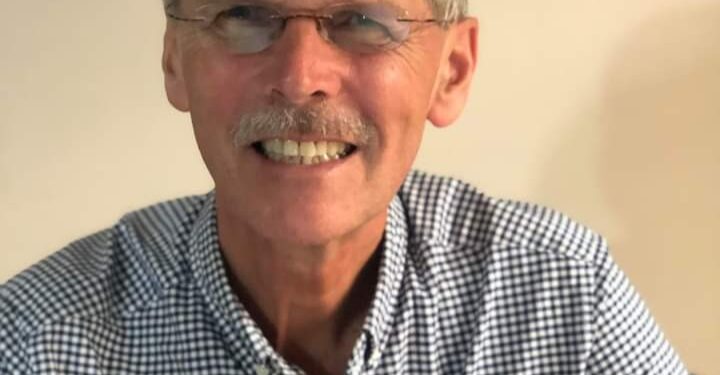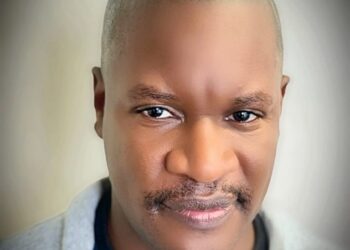‘The world is changing quickly, and I need to stay ahead of it.’ I read this statement and was struck by how true it is, yet there are many of us who are not prepared to change and we expect the world to adapt to us. Young people have the confidence of youth to cope with all that life has to throw at them, but older people tend to be more set in their ways and find it difficult to change. However, being old or young is a mindset: an older person who feels he is too old to change has a fixed mindset, and feels the world should bend to his wishes not vice versa. This fixed mindset of many older people is reinforced in Africa where we pay homage to age and give people respect, simply because they are old. I am in favour of good manners towards older people shown in gestures such as giving up your seat, but respect should be earned, and some old people do not grow old and wise, they grow old and stubborn. Take what is going on with Kenya at the moment; could anyone say that Raila Odinga, who is 79 years old, is being wise, or is he simply being bitter? The same could be said for Donald Trump when he tried to overturn the results of the Presidential election. Was this an act of wisdom or stubbornness?
There is a cultural difference between Africa where age is revered, and the West where youth is promoted. In Africa there is a perception that people in Europe or the USA shunt off their old people into ‘old people’s homes’ when they become a burden, while such institutions are rare in Africa where the extended family plays a much larger role. The difference between the West and Africa is that the western governments generally take a larger share of responsibility when it comes to caring for old people whereas there is little State intervention in Africa. The best combination is for both the State and the family to care for the older generation.
My mother-in-law who lived in Ireland moved into what was known as a sheltered dwelling when she was in her eighties. These are community dwellings in which she had her own home, but a professional caregiver checked on her several times a day, and she had a convenient switch by which she could call for help if needed. I visited her several times and was impressed by the atmosphere and environment. She had made many new friends so that when I arrived before dinner, I had to wait till she finished dinner with her friends. It was a new season in her life that she was enjoying. She died at the age of ninety but was admitted to hospital before her birthday when we all visited with a birthday cake. I remember her sitting up in bed, beaming with pleasure at her family. So, although I admire how we care for our elders in Africa, I don’t think that Africa has a monopoly on the right way to treat old people, and we get mixed up between the duty of care and the duty to respect. Why have so many old men become despots in Africa? Not because they are wise leaders but because they become more stubborn with age. Yet they could have become grand old men like Mandela who was respected the world over.
I had a visit from fifty university students on my farm this week, and I loved their energy and joie de vivre. I was flattered when they asked me what inspired me, and I responded that they inspired me – by their energy, their love and their enthusiasm to enjoy the moment. They illustrated the exuberance of youth and hope for the future. One student told me he respected me not because I am old, but because I took time to show them round the farm. He was surprised I was so ordinary.
We should not mix up giving respect with giving care. We should care for our elders, but they should earn our respect. One of the saddest sights I have ever witnessed was an old man living alone in a mud-hut with only a mattress and a cooking pot as his possessions and no one to care for him. I want to be cared for when I am old and infirm, but I also want to be respected for who I am and not just because I am old.
Do you have a story in your community or an opinion to share with us: Email us at editorial@watchdoguganda.com













